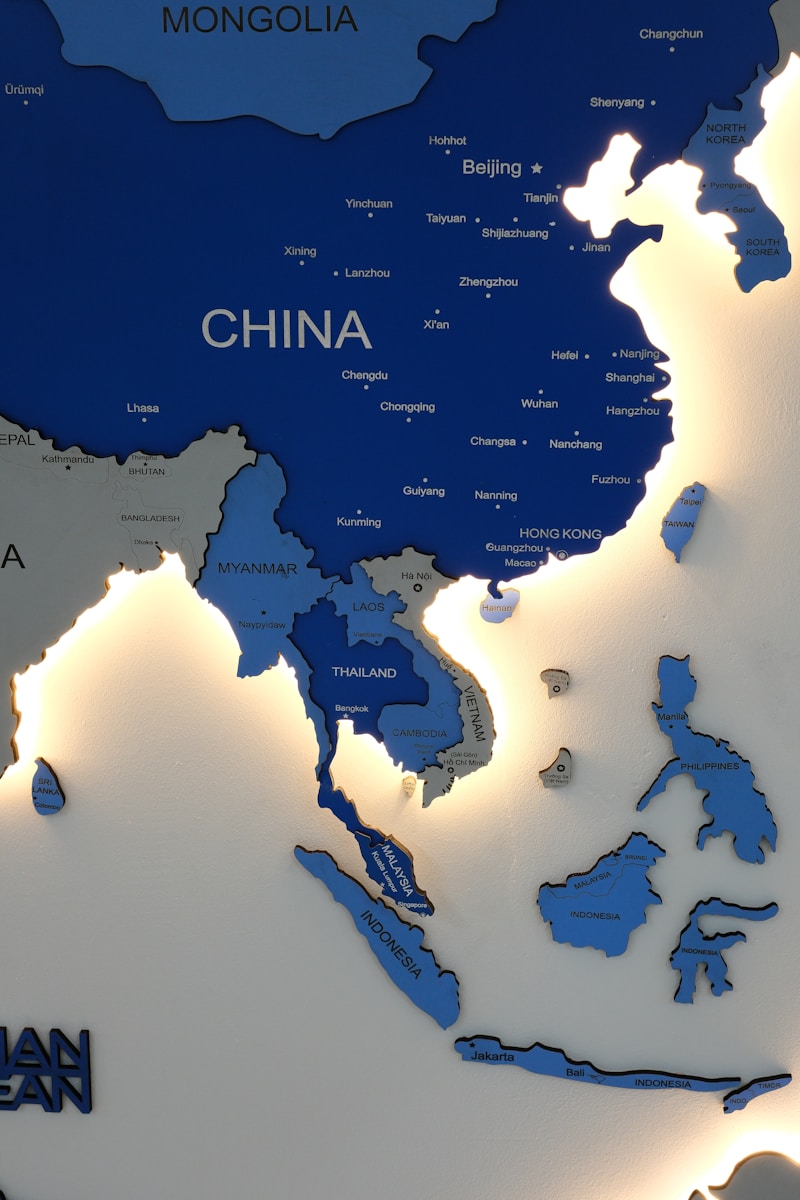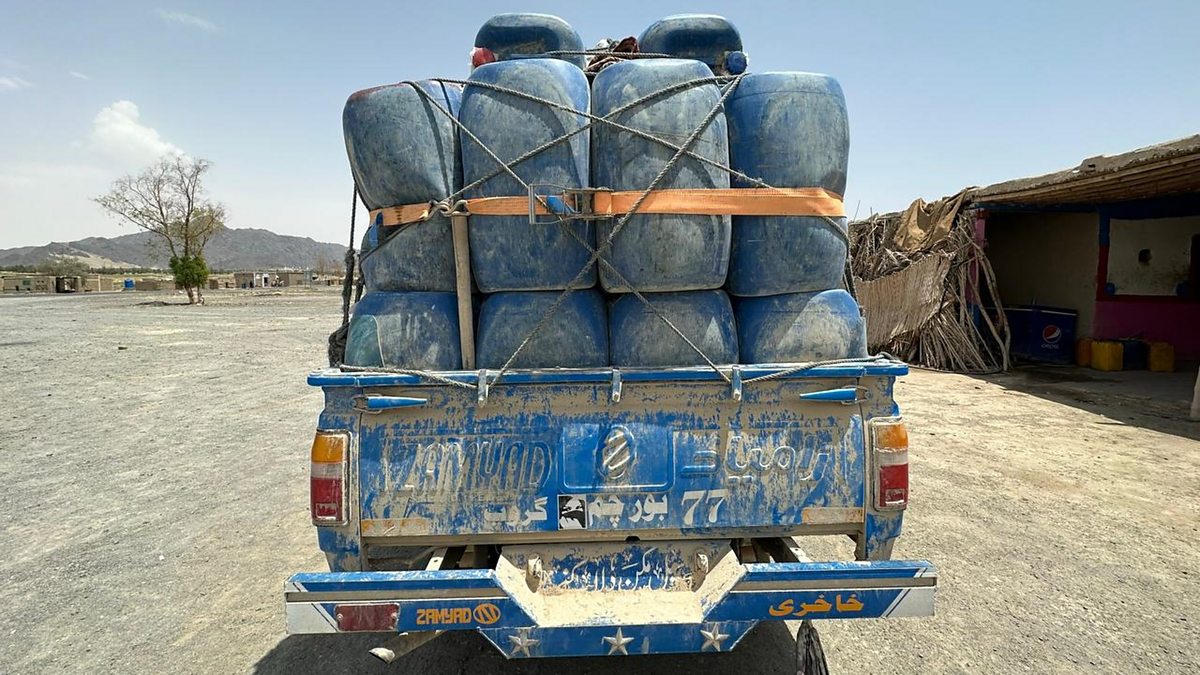
China Africa Influence has become a defining factor in global geopolitics. Through strategic investments, infrastructure projects, and trade agreements, China is increasing its footprint across Africa and the Caribbean. The question arises whether these nations are truly partners or merely pawns in Beijing’s ambitions to become a global superpower.
The China Africa Influence strategy emphasizes long-term economic and political relationships. Chinese investments in ports, railways, and energy projects not only stimulate local economies but also extend China’s influence in regions traditionally aligned with Western powers. Critics argue that such initiatives may create dependency, leaving host nations vulnerable to external pressures.
Understanding China Africa Influence requires examining the political, economic, and social implications of these partnerships. By analyzing trade flows, debt structures, and governance models, it becomes clear how Beijing positions itself as both a development partner and a strategic competitor. The dual nature of these engagements fuels debates on sovereignty and long-term autonomy for African and Caribbean nations.
Economic Footprint
The economic dimension of China Africa Influence is extensive. Massive infrastructure projects funded by Chinese banks, along with direct investments in industries and services, reshape local markets. Countries benefit from rapid development, but they must also manage financial obligations and project sustainability.
Trade agreements are a key component of China Africa Influence. Exports of raw materials and imports of Chinese goods create intertwined economic dependencies. While some nations thrive under increased investment, others struggle with rising debt and limited local industry development. These dynamics illustrate the complex balance between opportunity and risk.
Investors, policymakers, and analysts closely monitor China Africa Influence to assess potential impacts on regional economies. Financial KPIs, debt ratios, and trade balances are essential indicators for understanding the sustainability of Chinese-led initiatives and their effects on local development strategies.
Political Leverage
Political leverage is central to China Africa Influence. By providing loans, development aid, and diplomatic support, China strengthens alliances and fosters favorable political conditions. These actions influence voting blocs in international forums and reinforce Beijing’s global strategic position.
However, the China Africa Influence approach raises questions about governance and autonomy. Host nations may face pressure to align policies with Chinese interests, potentially compromising local decision-making. Critics highlight the risks of over-reliance on a single partner and the long-term implications for sovereignty and democratic processes.
Understanding the political dimension of China Africa Influence is crucial for both regional leaders and international stakeholders. The interplay between economic incentives and political influence determines whether nations remain independent actors or become strategically aligned with Chinese objectives.
Infrastructure and Development
Infrastructure projects are a cornerstone of China Africa Influence. Investments in ports, railways, highways, and energy facilities boost connectivity and trade. These projects not only create jobs but also enhance regional integration, making African and Caribbean nations more attractive for global business.
While infrastructure development brings tangible benefits, it also introduces risks. Many countries face rising debt burdens, and questions arise about project transparency, labor practices, and environmental impact. Evaluating China Africa Influence requires balancing the immediate economic gains against long-term strategic considerations.
Monitoring construction timelines, funding arrangements, and operational efficiency provides insight into the effectiveness of these initiatives. China Africa Influence demonstrates how infrastructure can serve as both a development tool and a mechanism for strategic leverage.
Social and Cultural Impact
China Africa Influence extends beyond economics and politics. Cultural exchanges, educational programs, and skill development initiatives strengthen ties and influence public perception. Scholarships, Confucius Institutes, and joint cultural events promote understanding and foster a sense of partnership between nations.
However, critics note that these initiatives may also advance political messaging or soft power objectives. The China Africa Influence strategy often intertwines development with subtle cultural diplomacy, shaping narratives about China’s role in the global order. Evaluating the social impact helps assess whether partnerships are mutually beneficial or strategically skewed.
Communities across Africa and the Caribbean experience both opportunities and challenges from increased Chinese presence. Language training, vocational programs, and cultural exchanges provide skills and experiences, but local stakeholders must remain vigilant about maintaining autonomy and cultural identity.
Debt and Financial Implications
Financial obligations are a critical aspect of China Africa Influence. Loans and credit lines fund major projects, but repayment terms and interest rates affect national budgets. Some countries manage these debts effectively, while others face sustainability concerns.
Analyzing debt levels, repayment schedules, and economic growth metrics is essential for understanding the broader implications of China Africa Influence. Mismanagement or over-reliance on Chinese financing can compromise economic sovereignty and limit policy flexibility.
Policymakers and analysts must consider both short-term gains and long-term consequences. Strategic financial planning ensures that countries leverage China Africa Influence to achieve growth without falling into debt dependency or losing control over key sectors.
Trade Dynamics
Trade is central to China Africa Influence. China imports raw materials and exports manufactured goods, creating interdependent economic networks. These trade flows provide revenue for host countries while strengthening China’s market reach, influencing global trade patterns.
However, trade imbalances may arise, favoring Chinese economic interests over local development. Evaluating China Africa Influence requires careful analysis of import-export ratios, value chains, and industrial growth within partner nations.
Policymakers must negotiate trade agreements that maximize benefits while safeguarding domestic industries. Strategic planning ensures that China Africa Influence translates into sustainable economic growth rather than dependency.
Environmental and Ethical Considerations
Environmental and ethical dimensions are increasingly relevant in China Africa Influence. Large-scale projects impact ecosystems, water resources, and community livelihoods. Ethical considerations include labor standards, transparency, and corporate social responsibility.
Monitoring environmental assessments, compliance reports, and social impact studies helps determine the true cost of development initiatives. China Africa Influence illustrates the need to balance economic progress with responsible stewardship of resources.
Communities and governments must ensure that infrastructure and investment projects align with long-term sustainability goals, maintaining both ecological integrity and social equity.
Regional Geopolitics
Regional geopolitics plays a crucial role in China Africa Influence. By building strategic partnerships, China enhances its influence in international forums, regional organizations, and multilateral institutions. Neighboring countries observe these alliances, which can reshape diplomatic and security dynamics across continents.
The strategic placement of infrastructure, financial aid, and cultural programs enhances China’s leverage. Understanding these geopolitical maneuvers is key to evaluating whether African and Caribbean nations are active partners or pawns in global power strategies.
Regional cooperation, diplomatic negotiations, and strategic alliances determine the success and balance of power created by China Africa Influence. Awareness of these factors helps leaders make informed decisions.
China Africa Influence: Conclusion
In conclusion, China Africa Influence reflects a complex interplay of economic, political, social, and environmental factors. While offering significant development opportunities, it also poses challenges related to debt, autonomy, and governance. Nations must navigate these dynamics carefully, balancing immediate gains with long-term sovereignty.
For further insights on global partnerships and strategic influence, consult Council on Foreign Relations – China Africa for detailed reports and analyses.
Explore more in-depth reports and analyses in our Reports Africa section for the latest insights on geopolitical and economic developments.


